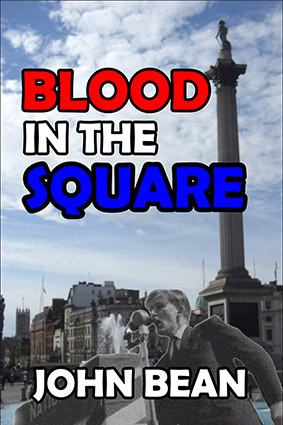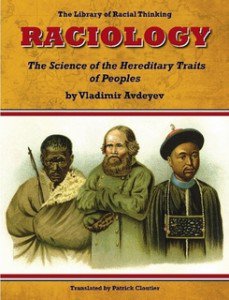A South African White Ethnostate
In 2012 I participated in a protest at the South African Consulate in Los Angeles on the genocidal treatment of Whites in South Africa. Reports on the protests, which was part of a coordinated effort in other cities, routinely put the word ‘genocide’ in quotes and implied we were all neo-Nazis — an entirely predictable response by the respectable media from left to right that seems incapable of seeing Whites as victims of racial violence.
So I was pleasantly surprised to see that Josh Gelernter’s article “The End of South Africa” appeared in National Review. Nothing that Gelernter writes would be a surprise to a race realist, and indeed TOO‘s Francis Carr Begbie made several of the same points in his May, 2014 article “A blind eye to murder of Whites in South Africa.” Gelernter:
Things are very bad in South Africa. When the scourge of apartheid was finally smashed to pieces in 1994, the country seemed to have a bright future ahead of it. Eight years later, in 2002, 60 percent of South Africans said life had been better under apartheid. Hard to believe — but that’s how bad things were in 2002. And now they’re even worse.
When apartheid ended, the life expectancy in South Africa was 64 — the same as in Turkey and Russia. Now it’s 56, the same as in Somalia. There are 132.4 rapes per 100,000 people per year, which is by far the highest in the world: Botswana is in second with 93, Sweden in third with 64; no other country exceeds 32.






